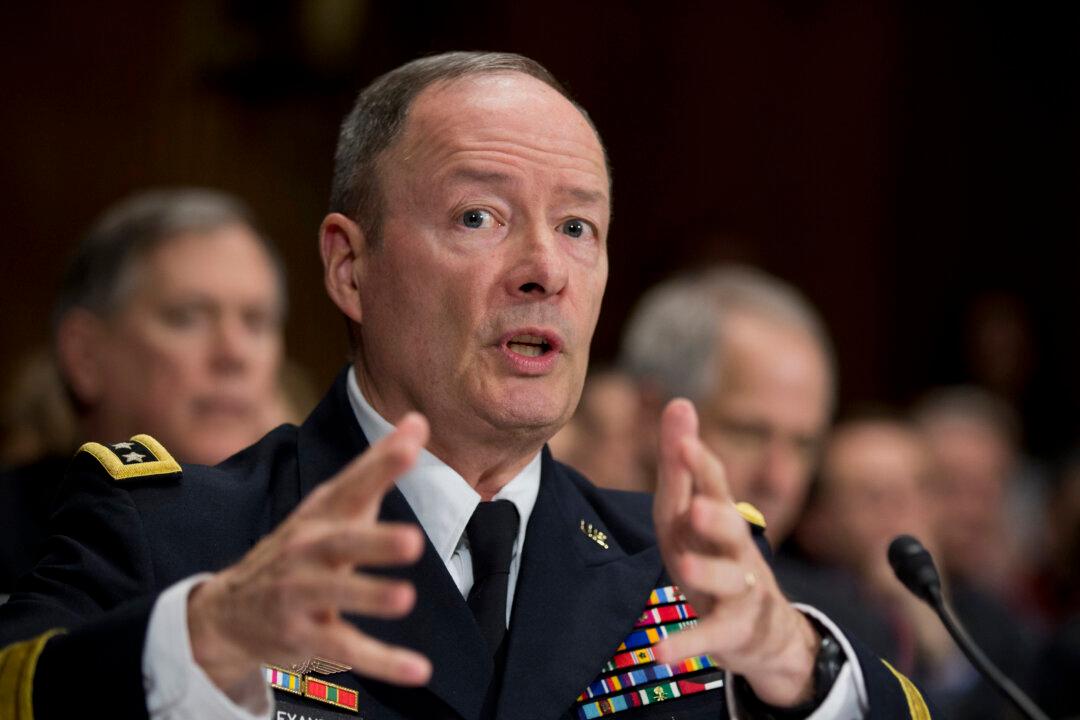The National Security Agency should change the way it collects and keeps information, according to a task force report consisting of 46 recommendations titled “Liberty and Security in a Changing World.”
“The right to privacy is essential to a free and self-governing society. … Excessive surveillance and unjustified secrecy can threaten civil liberties, public trust, and the core processes of democratic self-government,” the report stated.
President Barack Obama met with members of the task force prior to the report’s abrupt release Wednesday.
The report recommends raising the bar on how much U.S. data the NSA can acquire and how long it can be kept.
It suggests the Foreign Intelligence Surveillance Court (FISC), which authorizes data collection, should be subject to more oversight than it has been. It recommends limiting the NSA’s power to compel third parties such as phone companies and Internet service providers to give up data. Finally, it states most requests for data or information should be subject to judicial review, except in emergencies.
“We also recommend that legislation should be enacted authorizing telephone, Internet, and other providers to disclose publicly general information about orders they receive directing them to provide information to the government,” according to the report.
Under the Patriot Act, providers were not allowed to discuss orders to provide information to the government.
New Limits
The report also calls for new limits on how analysts can use the records it collects, and it recommends annual reports to the White House on any spying it conducts on foreign leaders.
According to a White House release, the “president again stated his expectation that, in light of new technologies, the United States use its intelligence collection capabilities in a way that optimally protects our national security while supporting our foreign policy, respecting privacy and civil liberties, maintaining the public trust, and reducing the risk of unauthorized disclosure.”
Richard Clarke, Michael Morell, Geoffrey Stone, Cass Sunstein, and Peter Swire are the Review Group on Intelligence and Communications Technologies. Clarke is a former National Coordinator for Counterterrorism. He served in the Clinton and Bush administrations, and testified to the 9/11 Commission. Michael Morell is a former CIA deputy director in the Obama administration.
They gave Obama the report Dec. 13. The president will review its recommendations and discuss next steps with the public in January, according to the White House.
Obama stated that it was particularly significant that the group reached a consensus, given the broad scope of the members’ expertise in counterterrorism, intelligence, oversight, privacy, and civil liberties.
The White House had originally said it would release the review board report in January, after Obama announced publicly what changes he planned to make to the NSA. Officials said they decided to release the report early because its contents had been mischaracterized in news reports.
The Associated Press contributed to this report.





